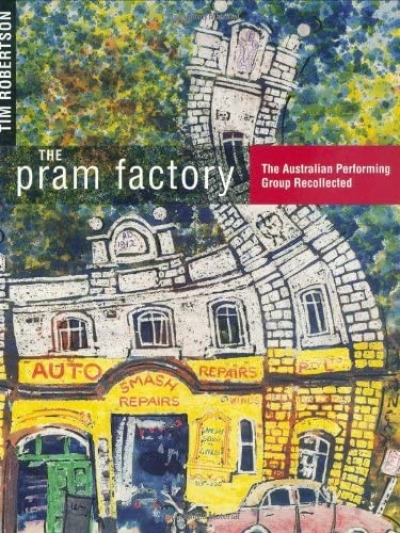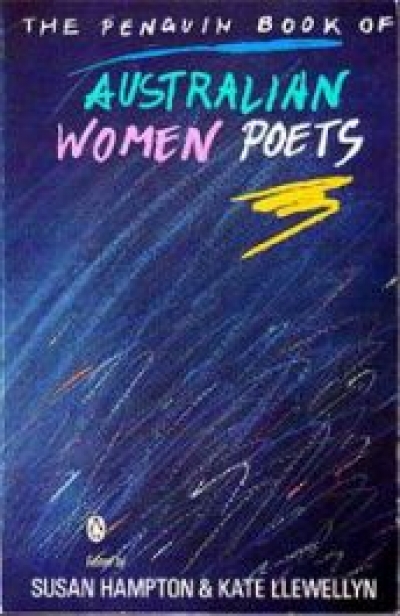Helen Thomson
The Pram Factory: The Australian Performing Group recollected by Tim Robertson
by Helen Thomson •
Unbridling the Tongues of Women: A biography of Catherine Helen Spence' by Susan Magarey
by Helen Thomson •
ABR welcomes letters from our readers. Correspondents should note that letters may be edited. Letters and emails must reach us by the middle of the current month, and must include a telephone number for verification.
Behold how low
Dear Editor,
Robert Manne’s review of my book Washout: On the Academic Response to the Fabrication of Aboriginal History (ABR, May 2005) avoids most of my criticisms of Whitewash: On Keith Windschuttle’s Fabrication of Aboriginal History, and misrepresents the rest.
... (read more)See How It Runs: Nimrod and the New Wave by Julian Meyrick
by Helen Thomson •
The Three Miss Kings by Ada Cambridge & The Invaluable Mystery by Leshia Harford
by Helen Thomson •
Australian Women Poets edited by Susan Hampton and Kate Llewellyn
by Helen Thomson •





